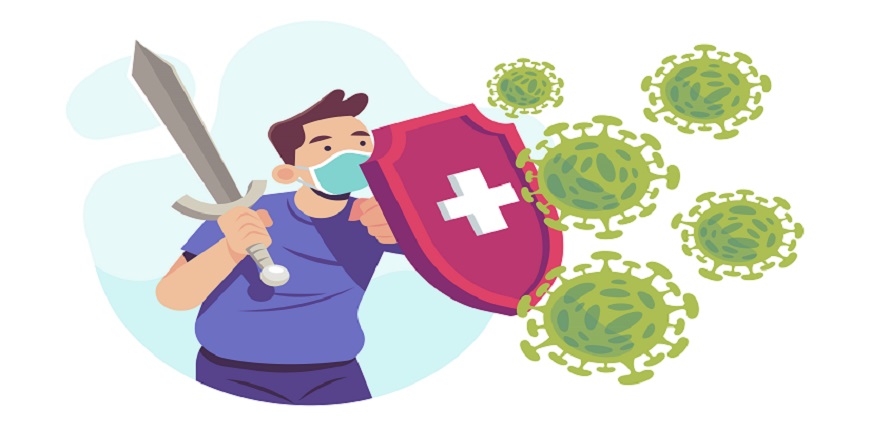





No lab centers are available in this city

Max Lab
Oct 15, 2022
Viral diseases that affect the body and are characterised by high temperature, burning in the eyes, headaches, body pains, and occasionally nausea and vomiting are collectively referred to as viral infections. Children and the elderly tend to have viral fever more frequently because of their lowered immunity. Viral fever is a sign of a viral infection, the underlying cause rather than the sickness itself. Any area of the body, including the intestines, the lungs, the airways, etc., can get infected with a virus. Thus, making a viral infection the cause of developing a fever. Having a high temperature often indicates the body's immune system is battling and "burning off" invader germs.
The signs and symptoms of a viral fever might differ based on the kind of viral infection and from person to person. Following are the typical viral fever symptoms common to a wide majority of viral infections: -
You can get infected with a virus in a variety of ways, including:
DID YOU KNOW?
Every third week of October, International Infection Prevention Week (I.I.P.W.) is commemorated to raise awareness among key constituencies and the general public about the value of halting the spread of diseases and infectious agents. The I.I.P.W.'s objective is to learn more about infection control and how it may enhance patient security. The dates for this year's event are October 16–22.
Nearly everyone has had the flu or a severe cold at least once in their life. However, such diseases can occasionally be quite hazardous to one's health. The following are some situations where a virus-driven illness can be deemed severe:
A stitch in time saves nine; be proactive about the diagnosis and treatment of viral fevers.
The type of virus and the severity of the symptoms of viral infection affect viral fever therapy. Doctors typically try to provide medications like paracetamol or ibuprofen for low-grade viral fever. Warm baths and electrolyte drinks can easily treat muscle pains, fatigue, and diarrhea.
Your doctor can advise taking an increased dose of paracetamol more regularly to ease the discomfort of high-grade fever (every 4-6 hours). You shouldn't stop taking your doses without a word with your doctor. Critically ill patients might get paracetamol intravenously to reduce their temperature and bring it closer to normal.
Moreover, antibiotics may be recommended by your doctor to stop bacterial illnesses from spreading. They must be taken exactly as directed in terms of dosage, frequency, and duration.
People commonly turn to over-the-counter (OTC) viral fever medications to treat their symptoms. However, self-medication can be detrimental because it can result in significant issues or following the erroneous prescription. Therefore, a doctor should be visited if you want a proper diagnosis, treatment and medication.

















Sign up takes less than 60 secs and gives you access to your offers, orders and lab tests.
Looks like you are not registered with us. Please Sign up to proceed
OTP will be sent to this number by SMS
We have successfully received your details. One of the agents will call you back soon.
 To reach our help desk call 9213188888
To reach our help desk call 9213188888
No Lab Centers are available in this city
Looks like you are not registered with us. Please Sign up to proceed
OTP will be sent to this number by SMS
Not Registered Yet? Signup now.Looks like you are not registered with us. Please Sign up to proceed





 7982100200
7982100200.png)
Comments